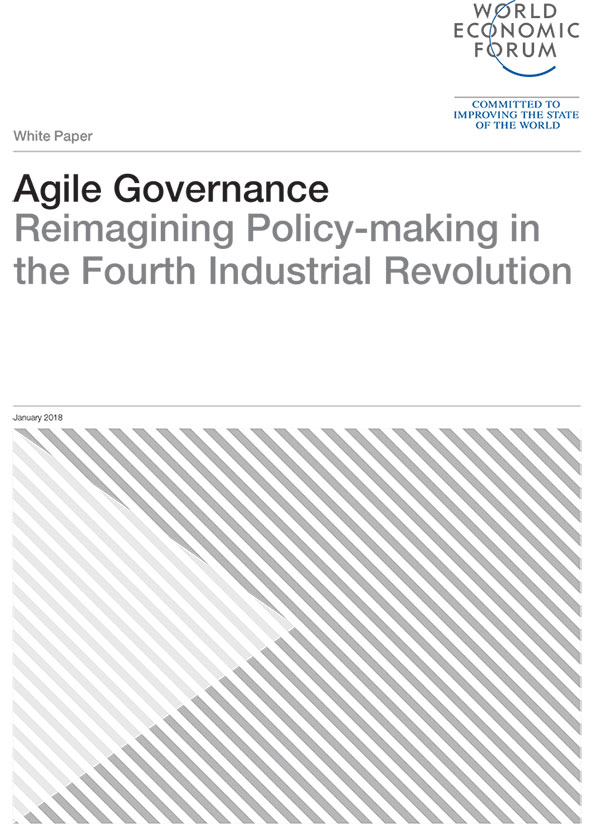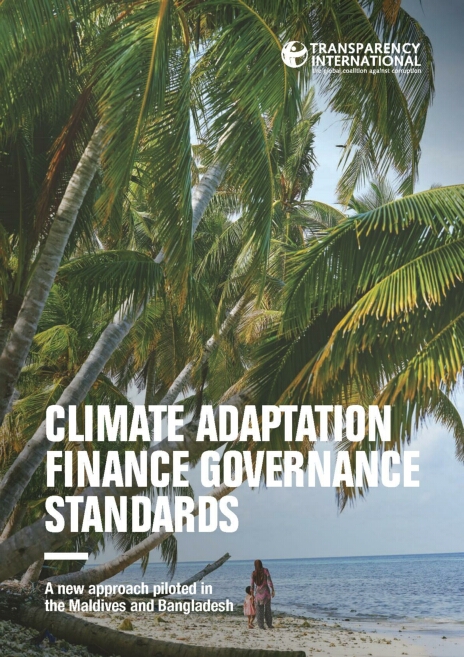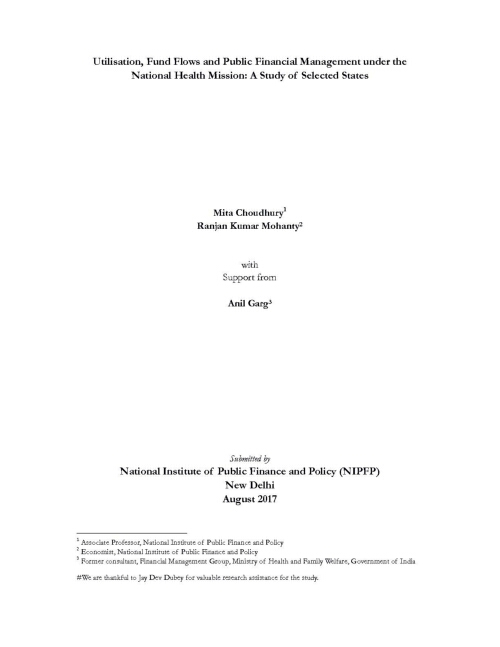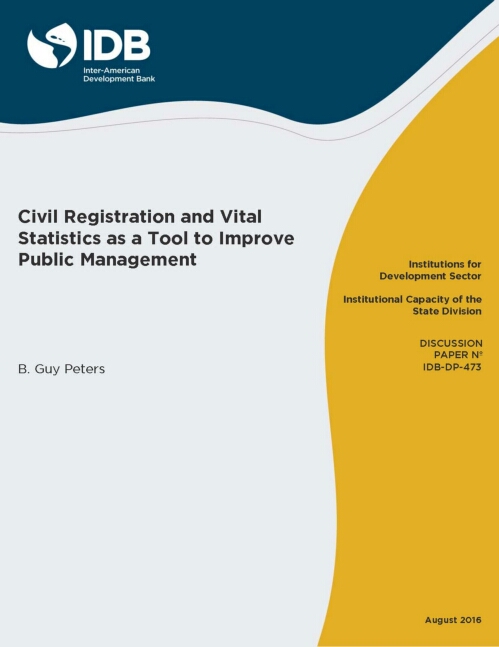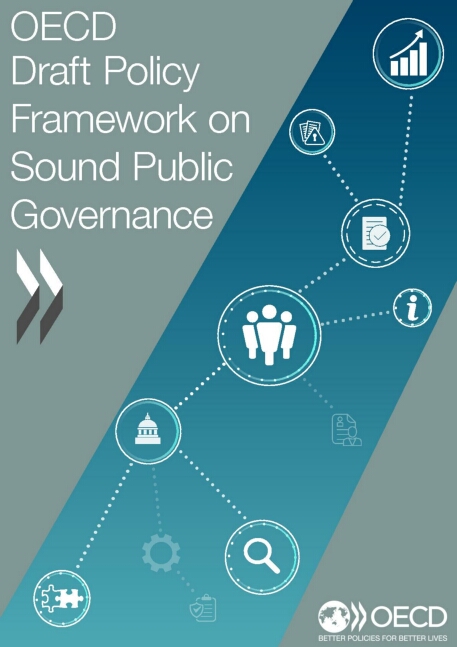Agile Governance Reimagining Policy-making in the Fourth Industrial Revolution
- Jan 2018
- World Economic Forum (WEF)
- International
The Fourth Industrial Revolution is characterized by the unprecedented advances in technology transforming the way individuals and groups across society live, work and interact. New principles, protocols, rules and policies are needed to accelerate the positive and inclusive impacts of these technologies, while minimizing or eliminating their negative consequences. The institutions that have traditionally had the responsibility of shaping the societal impacts of these technologies – including governments, companies and civil society organizations – are struggling to keep up with the rapid change and exponential impact. At the same time, an implosion of confidence is occurring around the world as trust in mainstream institutions, from companies and governments to media and NGOs, is at its lowest point in five years. The Fourth Industrial Revolution requires the transformation of traditional governance structures and policy-making models. In this paper, WEF defines agile governance as adaptive, human-centred, inclusive and sustainable policymaking, which acknowledges that policy development is no longer limited to governments but rather is an increasingly multistakeholder effort. It is the continual readiness to rapidly navigate change, proactively or reactively embrace change and learn from change, while contributing to actual or perceived end-user value.
